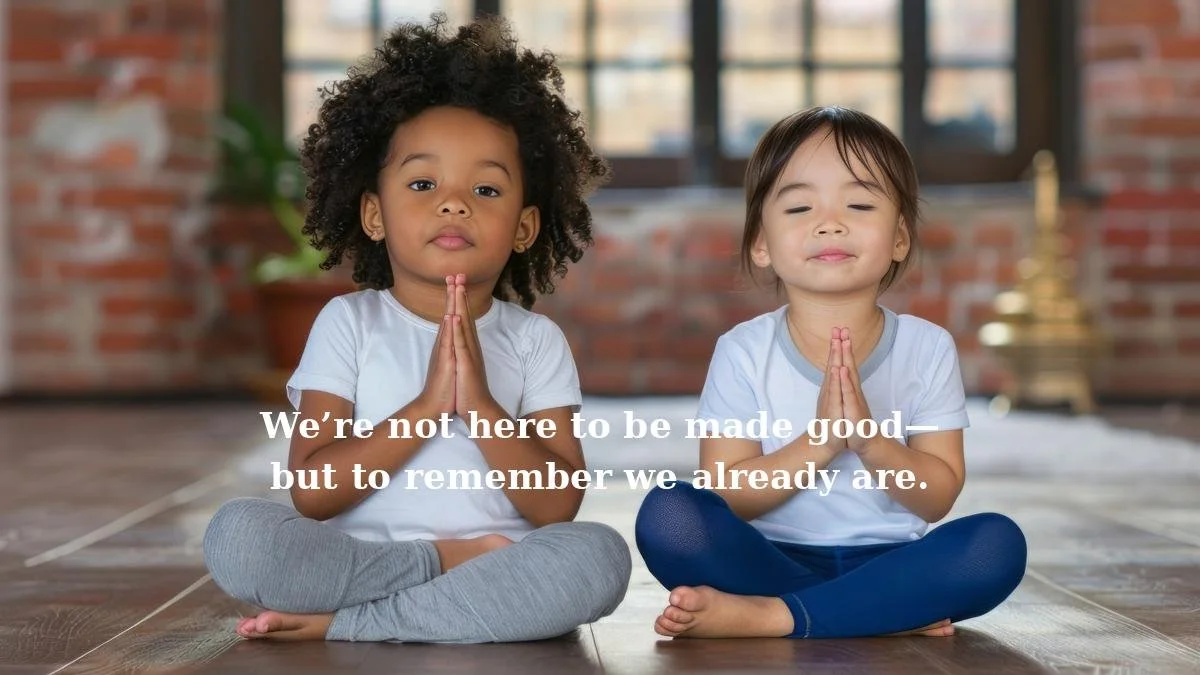The Crisis Isn’t Moral Relativism. It’s Spiritual Amnesia.
What if the crisis we’re facing isn’t a loss of values—but a forgetting of who we truly are? This isn’t moral collapse. It’s spiritual evolution.
In response to David Brooks’ essay: “Why Do So Many People Think Trump Is Good?” 📖 Read the article in The Atlantic →
David Brooks’ latest essay reflects a question many of us have asked:
How can millions of people look at Trump and not find him morally repellent?
He turns to the late philosopher Alasdair MacIntyre, arguing that our society has lost a shared moral language—a coherent framework of virtue and ethics that once bound communities together and helped us make moral judgments.
In Brooks’ view, the remedy lies in rebuilding some form of common moral code—a return to virtue traditions and communal ethics that give people a way to agree on what’s good, true, and right.
It’s a thoughtful, heartfelt piece—and yet, as I read it, I felt something stir in the opposite direction.
Because while Brooks seeks moral clarity, he still assumes it must be granted from the outside—bestowed by systems, reinforced by institutions, and upheld by tradition.
But what if that assumption is exactly the problem? What we’re facing today is not simply moral confusion. We are living through a deeper kind of rupture:
A collapse of externally-defined identity.
A breakdown of secondhand worth.
A revelation that no outer structure—no matter how noble—can substitute for inner knowing.
What Brooks mourns as the loss of communal morality, I see as a necessary unraveling.
Because for thousands of years, morality has too often been handed down, not awakened within—a tool to shape behavior, enforce order, and preserve hierarchy.
Peasants, slaves, citizens, workers…all expected to fall in line with someone else’s moral code.
But that model is cracking. And it must. Not because humans no longer care about goodness—but because we are evolving.
One question keeps rising for me:
Are the fruits of the Spirit—love, joy, peace, patience, kindness, goodness, faithfulness, gentleness, and self-control—inherently within us?
Or are they only produced when taught to us by someone else?
If they already exist within us—as the Bible and every perennial wisdom tradition affirms—then morality isn’t something to be imposed.
It’s something to be remembered. It’s not formed through control, but revealed through awakening.
This is not just a loss of ethics.
This is a loss of contact with essence.
A forgetting of who we truly are.

